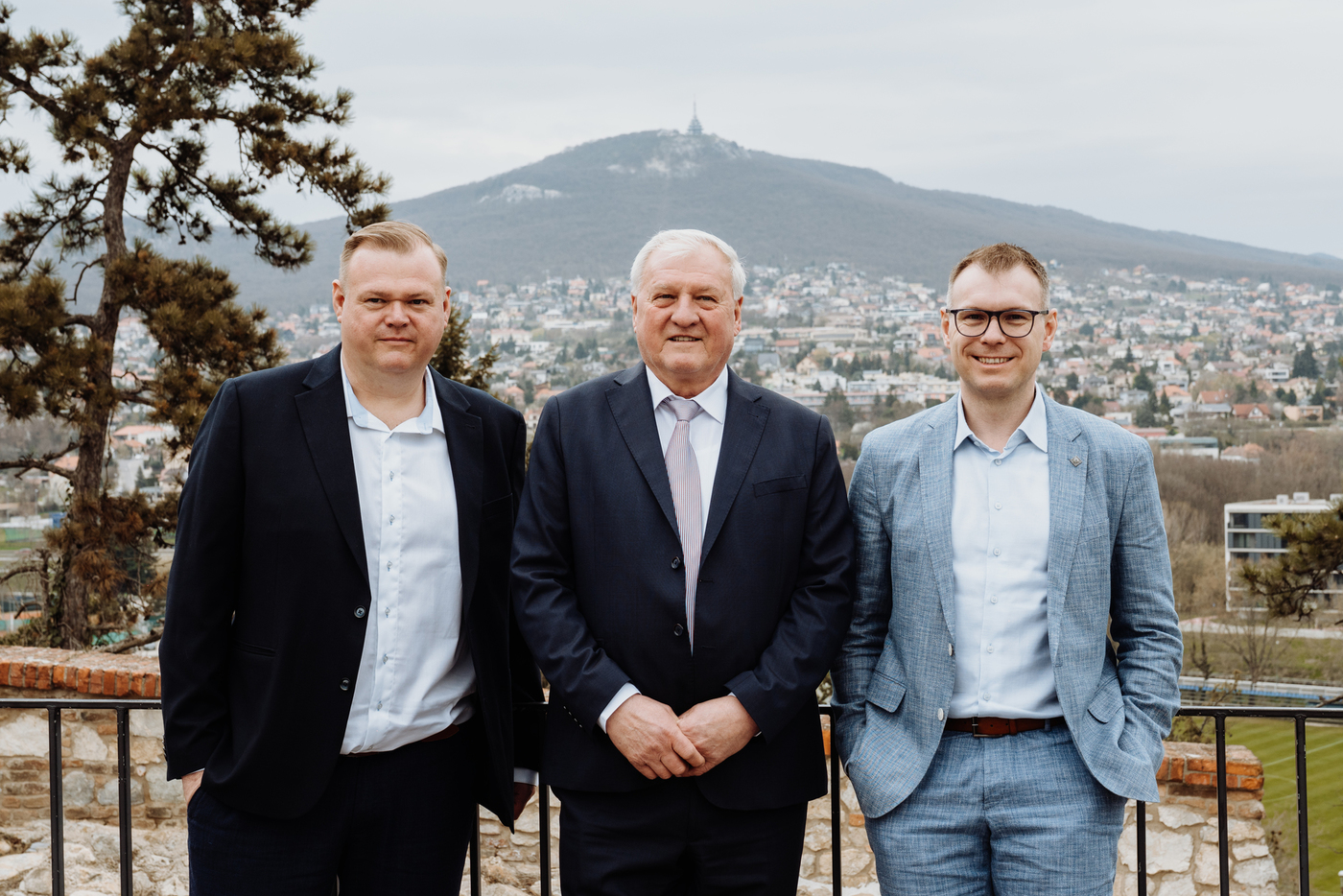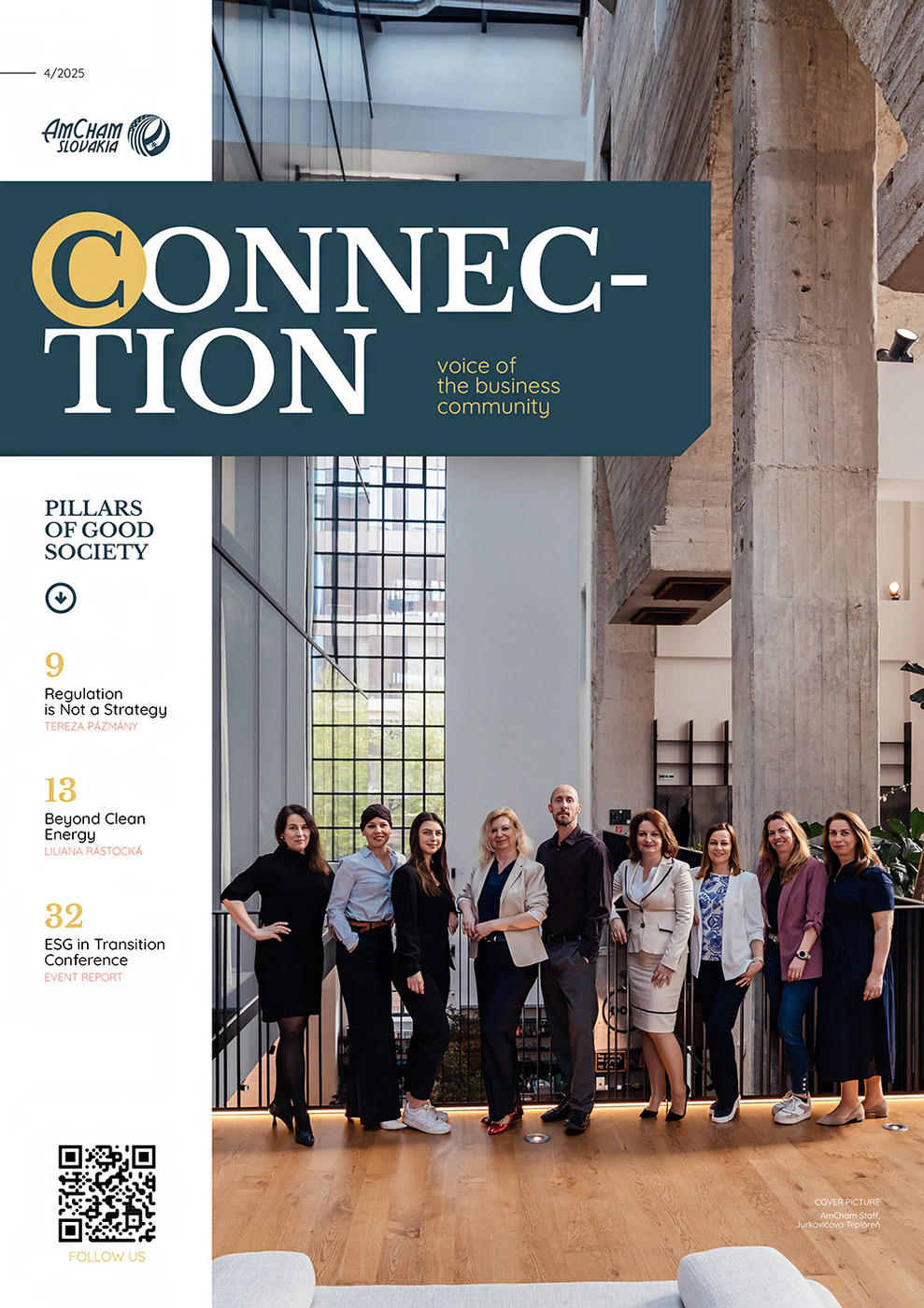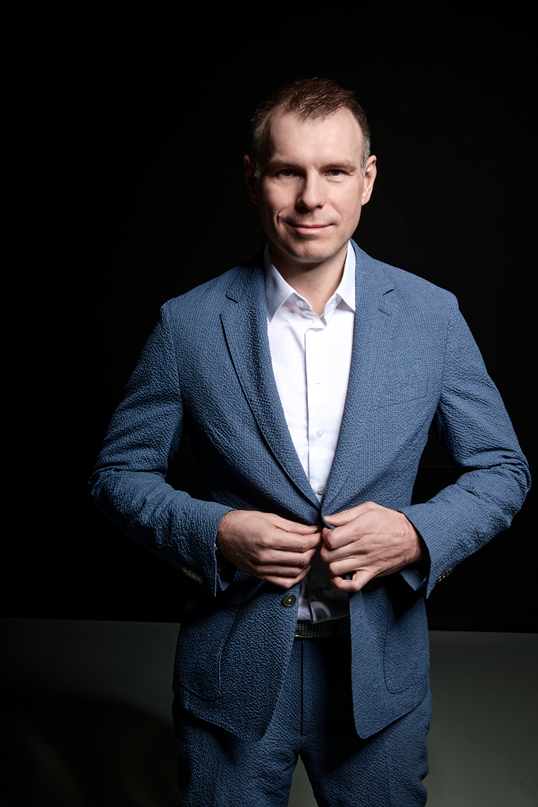Global statistics speak clearly- family businesses generate more than 70% of world GDP and employ around 60% of the global workforce.
In Slovakia, as in other developed countries, family businesses represent a significant share of small and medium-sized enterprises. Many of them were born out of the personal initiative of their founders—entrepreneurs who, shortly after 1989, decided to build long-term success from scratch through persistence and hard work. Even today, these companies carry their founders’ legacy in their business approach. And that legacy predestines them to become true pillars of social development.
Long-term vision instead of short-term pressure
One of the most underestimated aspects of family businesses is their natural ability to think beyond quarterly results. Their main objective is rarely short-term profit; rather, it is the quality and values that can endure for generations. This approach leads to a stronger sense of responsibility towards employees, the environment, and local communities. It is also the very foundation of what we now call sustainable business.
Values that cannot be bought
Family businesses are often characterized by a more personal approach to people. Founders usually don’t see employees merely as “human resources” but as colleagues they know personally and share part of their lives with. This naturally results in lower staff turnover, higher loyalty, and the ability to retain experts for decades. It is not unusual for several generations of the same family to work together in one company—father with son, mother with daughter, or siblings. Such close ties are rare in conventional corporations.
This continuity also brings practical advantages: know-how remains within the company, corporate culture is passed down organically, and values are constantly reinforced in everyday practice. Moreover, because decisions are often made directly among people who know each other personally, processes tend to be more flexible and faster. Problems are often solved around a table, without lengthy hierarchical approvals.
Responsibility in practice
This year, DYNAMIK received the prestigious Via Bona Slovakia award from the Pontis Foundation in the category Responsible Small and Medium-Sized Company of the Year. To quote the jury, the award recognized our transformation: “from a small family business into a company with high added value, built on strong ethical standards, sustainability, and exemplary care for employees.” I mention this not as self-promotion but as a concrete example of how a family business can align economic success with values that go beyond pure financial performance. In practice, this means stable working conditions for employees, open communication and employee engagement in decision-making, transparent business relations, and responsible investment in the environment.
I mention this not as self-promotion but as a concrete example of how a family business can align economic success with values that go beyond pure financial performance. In practice, this means stable working conditions for employees, open communication and employee engagement in decision-making, transparent business relations, and responsible investment in the environment.
These approaches prove that even smaller family businesses can become genuine pillars of trust in society. Their presence helps shape a business environment that values honest work, long-term perspective, and respect for people. And these are values that are often intangible, yet vitally important.
Inspiration for Slovakia
Family businesses face specific challenges, such as planning and managing generational succession, or balancing the relationship between family ties and business priorities. Experience shows that these are sensitive topics, often determining the long-term sustainability of a company. Statistics are telling: only 30% of family businesses survive the first generational handover, and the number drops significantly with each subsequent one.
This is why the global non-profit organisation Family Business Network exists: to bring family businesses together and help them share know-how tailored to the unique needs of family enterprises. We are proud to be one of the founding members of the Slovak branch of this platform, which supports responsible family entrepreneurship. Its mission is to build a community in Slovakia where family businesses from around the world can meet, exchange experiences, share best practices, and develop long-term visions.
Such collaboration benefits all sides: companies learn how to better manage challenges such as succession, while society gains stable, transparent, and ethical business practices. Family businesses can thus serve as a model for how to combine economic success with trust and responsibility toward the wider community.
Family businesses as a social pillar
Family businesses do not need to be perfect. And they never are. Their strength lies in their ability to embed values into business. Values that cannot easily be quantified in a financial report but are crucial for a trustworthy and fair society. At the same time, they must remain competitive, innovative, and adaptive. Above all, they combine entrepreneurial energy with personal responsibility.

Three generations of the Vikor family, symbolizing more than three decades of continuity at Dynamik Holding.
Vladimír Vikor Jr., CEO, Dynamik Holding



Follow us